Schengen visa corruption 2025: €400M in denied fees, political bias, and Poland’s embassy scandal. Inside the system that was never meant to be fair.
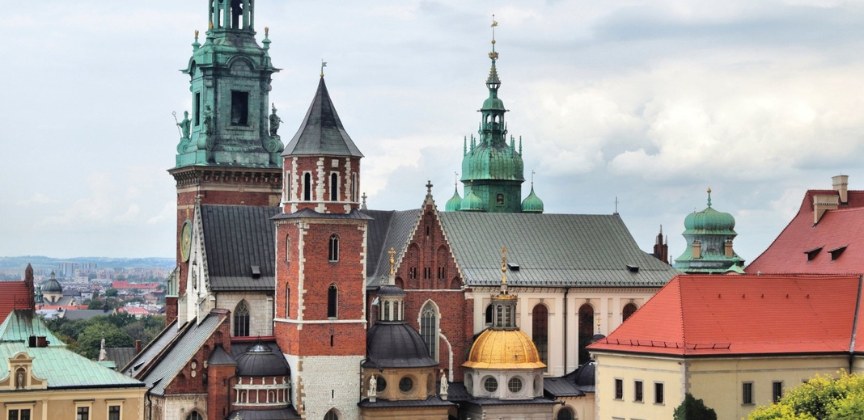

Wawel Cathedral towers above the walls and towers of Wawel Castle
Moving to a new country—whether for work, study, or adventure—is an exciting experience. But it can also come with challenges, especially when dealing with a new culture, legal system, and way of life. Poland is no exception!
To help make your transition smoother, here are 7 common mistakes expats often make when moving to Poland—and how to avoid them!
Yes, Poland has a lower cost of living compared to many Western countries, but moving here still requires upfront expenses!
Before your first paycheck arrives, you’ll need to cover:
✅Rent + deposit
✅ Daily expenses (groceries, transport, utilities)
✅ Health insurance (if required)
✅ Visa application fees (if applicable)
Plan Ahead: To get a detailed breakdown of costs and budget expectations, check out our Complete Guide to Relocation Costs in Poland.
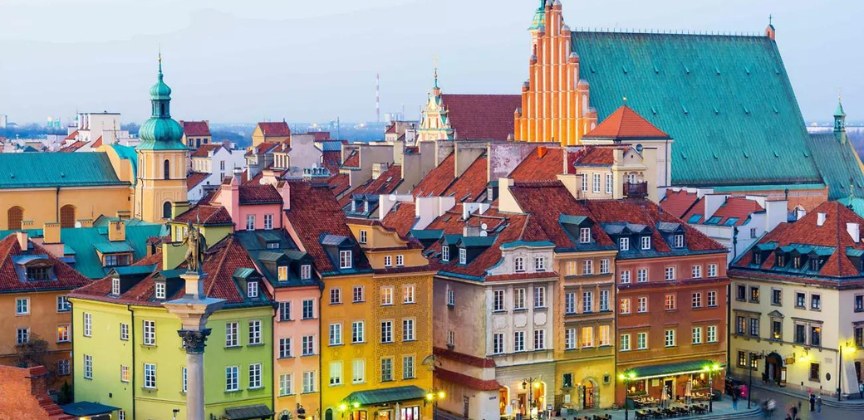
Warsaw: A fun and vibrant city, but also the most expensive to live in
If you’re a non-EU citizen, Poland requires the correct visa for long-term stays. The most common visa types include:
✅National Type-D Visa (for work, study, or business)
✅Temporary Residence Card (Karta Pobytu) (for long-term stays)
Many expats make the mistake of arriving on a tourist visa and then struggling with legal status later.
Pro Tip: Make sure you understand which visa applies to you before moving! If you need help, explore our Visa Support Services for professional guidance.
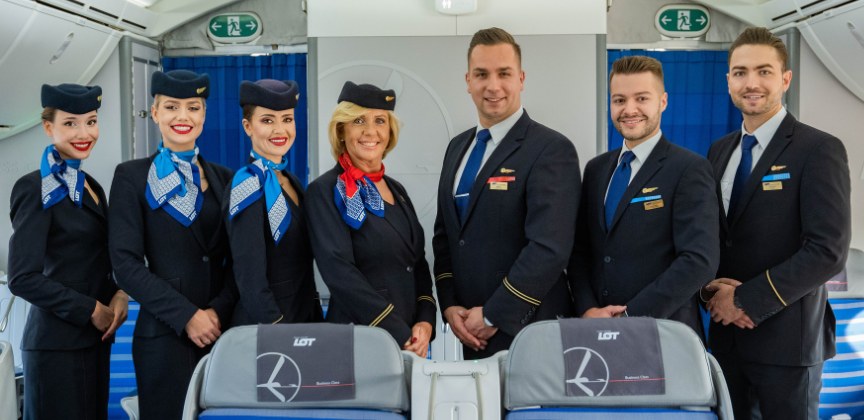
Lot Polish Airlines has many direct flights all over the world at cheaper rates than top competitors
Your first week in Poland should include:
✅ Getting a PESEL number (Polish ID number)
✅ Opening a bank account
✅ Getting a SIM card
✅ Get the government civil services app
Why does this matter?
A PESEL number is required for many things, including renting an apartment, signing contracts, and accessing healthcare. Without a local bank account, paying bills and receiving payments will be more difficult, & the civil services app allows you to electronically ID yourself and access many services without knowing Polish.
Need Help? Our Arrival Support Services assist expats in handling this process quickly and stress-free!
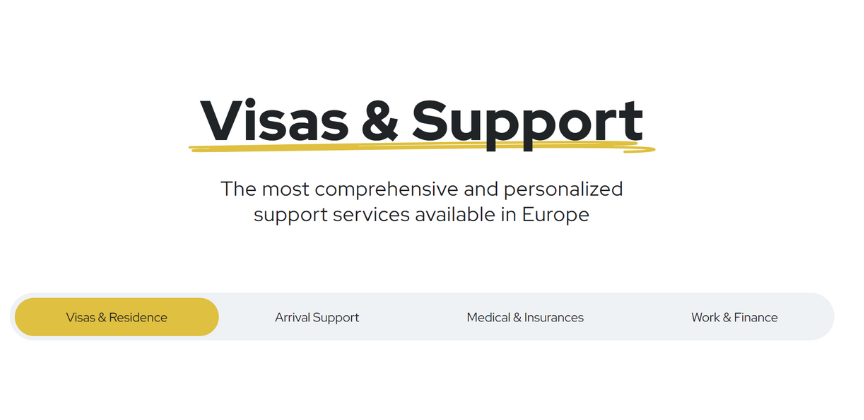
It’s tempting to rely on Airbnb or short-term rentals, but delaying a long-term lease can cause issues, especially when:
✅Applying for a PESEL number (you need a registered address)
✅ Getting a residence permit
✅ Securing stable rental pricing (Airbnb is more expensive!)
Need guidance on renting in Poland? Check out our Finding Accommodation Guide for tips on locations, prices, and the best rental websites.
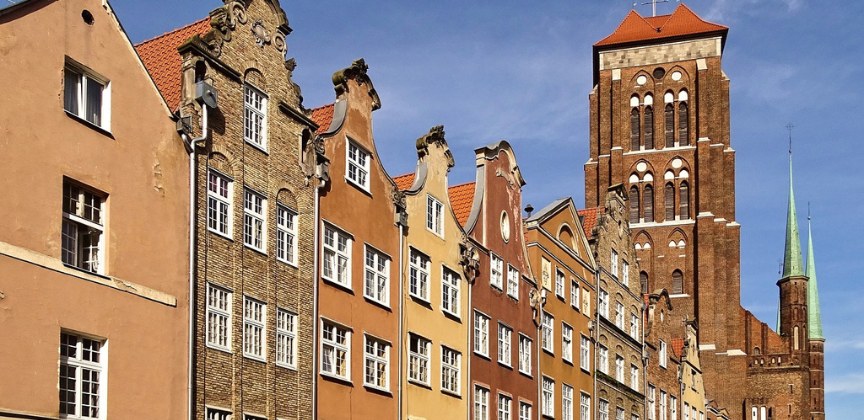
Poland is very affordable, with cheap apartments right in the center of town
While many Poles speak English, especially in major cities, don’t assume you’ll get by without any Polish.
What to do?
✅ Learn basic survival Polish phrases (ordering food, asking for directions)
✅ Use apps like Duolingo or Memrise for quick lessons
✅ Join a local language exchange
This effort will go a long way in daily life and make interactions with locals smoother!

Poland has a large number of national holidays, including Polish National Flag Day
Poland has a reputation for bureaucratic hurdles—especially when it comes to visas, taxes, or official paperwork.
Common frustrations expats face:
✅ Paper-based applications instead of online submissions
✅Limited English-speaking officials in government offices
✅Strict deadlines for certain visa and tax processes
How to deal with it?
✅ Arrive early at offices (they get crowded fast!)
✅ Bring printed documents & copies (digital versions are not always accepted)
✅ Seek professional help for visa & immigration matters—we offer expert support to simplify the process!
While Poland has a public healthcare system (NFZ), expats may not automatically qualify for free treatment.
✅ Public healthcare: Available to workers under the Polish social security system
✅ Private healthcare: Faster, English-speaking doctors, but costs extra
Read the full health insurance guide here.
What to do?
✅ Check if your visa requires private insurance
✅ Consider private medical insurance plans for better service
✅ Register for EHIC (for EU citizens)